Home>Garden Essentials>What Is Niger Seed
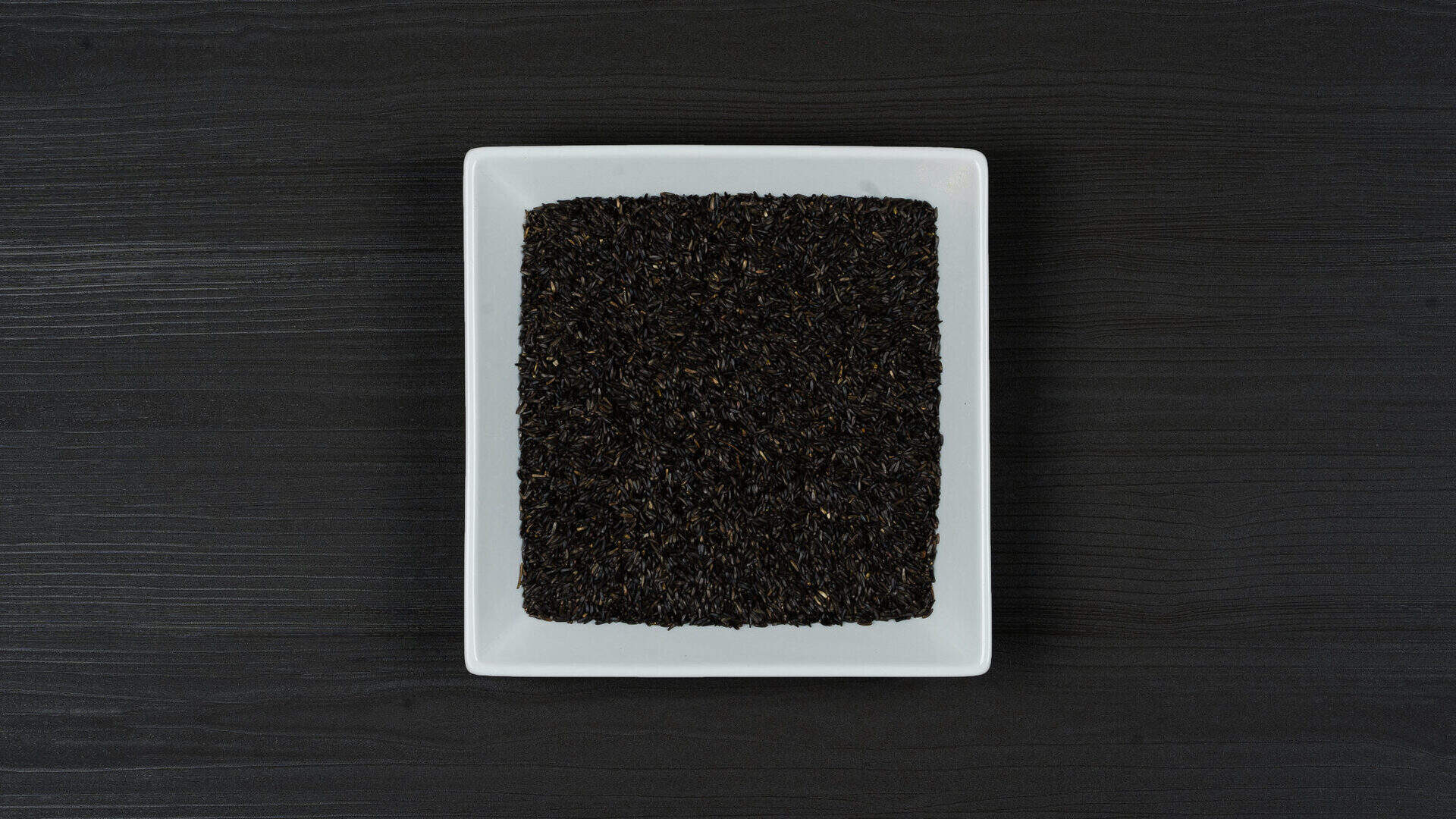

Garden Essentials
What Is Niger Seed
Modified: August 17, 2024
Discover the benefits of Niger seed for your garden. Learn how to incorporate this nutrient-rich seed into your garden to attract a variety of colorful birds and enhance biodiversity.
(Many of the links in this article redirect to a specific reviewed product. Your purchase of these products through affiliate links helps to generate commission for Storables.com, at no extra cost. Learn more)
Introduction
When it comes to the diverse world of gardening, there is a wealth of plants to explore, each with its own unique characteristics and benefits. One such plant that deserves recognition is the Niger seed. Often overlooked, this small but mighty seed packs a punch in terms of both its culinary uses and its impact on the environment.
Also known as nyjer seed or thistle seed, Niger seed comes from the vibrant yellow flowers of the Guizotia abyssinica plant. Native to Ethiopia and other parts of East Africa, it has gained popularity worldwide due to its versatile nature and numerous benefits.
In this article, we will take a closer look at Niger seed and its various attributes. So, whether you are a gardening enthusiast looking to diversify your plant collection or someone interested in its nutritional and medicinal value, this article will provide you with a comprehensive understanding of what Niger seed has to offer.
Key Takeaways:
- Niger seed is a versatile plant with culinary, nutritional, and environmental benefits. It adds a unique flavor to dishes, provides essential nutrients, and supports biodiversity and sustainable farming practices.
- Whether in the kitchen or the garden, Niger seed offers a world of possibilities. From adding flavor to meals to promoting soil health, this small seed packs a big punch in both nutrition and environmental conservation.
Read more: What Are Niger Seeds
Overview of Niger Seed
Niger seed is a small oilseed crop that belongs to the Asteraceae family. The plant grows up to 3 feet tall and produces beautiful yellow flowers. These flowers eventually turn into small, black, teardrop-shaped seeds that are rich in oil and essential nutrients.
One of the notable characteristics of Niger seed is its high oil content, making it a valuable source of edible oil. The oil derived from Niger seed is incredibly light and has a mild, nutty flavor. It is used in cooking, particularly in Ethiopian and Indian cuisines.
Aside from its culinary uses, Niger seed is also a favorite among bird enthusiasts. Its tiny size and high oil content make it a popular choice for bird feeders, attracting a variety of colorful bird species, including goldfinches, siskins, and redpolls.
Cultivating Niger seed is relatively easy, making it a suitable choice for both commercial and home gardeners. It is a warm-season annual that thrives in well-drained soil and requires full sun. The plant typically matures within 90 to 120 days after sowing, allowing for a relatively quick harvest.
Nutritional Value of Niger Seed
Niger seed may be small, but it packs a nutritional punch, making it a valuable addition to any diet. Here are some of the key nutrients found in Niger seed:
- Protein: Niger seed is rich in protein, making it an excellent plant-based protein source. It contains all essential amino acids, which are important for muscle growth and repair.
- Fat: Niger seed is known for its high oil content. The oil extracted from the seed is rich in polyunsaturated fatty acids, including omega-3 and omega-6 fatty acids, which are essential for overall health.
- Fiber: Fiber is essential for a healthy digestive system, and Niger seed provides a good amount of dietary fiber. Consuming fiber-rich foods can help to regulate bowel movements and promote satiety.
- Vitamins and Minerals: Niger seed is a good source of various vitamins and minerals, including vitamin E, magnesium, phosphorus, and calcium. These nutrients play a vital role in maintaining overall health and supporting various bodily functions.
It is important to note that Niger seed is also calorie-dense due to its high fat content. While the fat in Niger seed is predominantly healthy and beneficial, it is still important to consume it in moderation as part of a balanced diet.
Due to its impressive nutritional profile, Niger seed is a fantastic addition to vegetarian and vegan diets, providing essential nutrients that may otherwise be lacking in a plant-based diet.
Next, let’s explore the culinary uses of Niger seed and how it can be incorporated into your favorite dishes.
Culinary Uses of Niger Seed
Niger seed offers a unique and delightful culinary experience, adding a distinct flavor and texture to various dishes. Here are some popular culinary uses of Niger seed:
- Spices and Seasonings: Niger seed is commonly used as a spice in Ethiopian and Indian cuisines. The nutty and slightly sweet flavor of the seed adds depth to dishes, particularly curries, stews, and stir-fries.
- Baking: Niger seed can be ground into a fine powder and used as an ingredient in baking. It adds a nutty taste and a delicate crunch to bread, muffins, cookies, and other baked goods.
- Salad Toppings: Roasted and crushed Niger seeds can be sprinkled over salads to add a nutritious and flavorful crunch. They can complement both leafy green salads and fruit salads.
- Snacks: Niger seed can be dry-roasted and seasoned with spices to create a delicious and healthy snack. It can be enjoyed on its own or mixed with other nuts and dried fruits.
- Niger Seed Oil: The oil extracted from Niger seed is light and has a mild flavor, making it ideal for cooking and dressing. It can be used in salad dressings, marinades, and as a finishing oil.
When cooking with Niger seed, it’s important to note that the seeds are small and delicate, so they can easily burn. It’s recommended to roast or toast them gently over low heat to bring out their full flavor without compromising their texture.
Adding Niger seed to your culinary repertoire not only introduces a unique taste to your dishes but also provides the numerous health benefits associated with this remarkable seed.
Now that we’ve explored the culinary uses of Niger seed, let’s delve into its exceptional health benefits.
Niger seed, also known as thistle or nyjer seed, is a small black seed popular for feeding wild birds. It is high in oil content and a great source of energy for birds, especially during the winter months.
Health Benefits of Niger Seed
Niger seed offers a range of health benefits, thanks to its impressive nutritional profile. Here are some of the key health benefits associated with consuming Niger seed:
- Cardiovascular Health: The high content of polyunsaturated fatty acids in Niger seed, including omega-3 and omega-6 fatty acids, can help support heart health by reducing inflammation and promoting healthy cholesterol levels.
- Brain Function: The omega-3 fatty acids found in Niger seed are essential for brain health and cognitive function. They play a crucial role in maintaining brain cell structure and supporting neurotransmitter function.
- Weight Management: The combination of protein and dietary fiber in Niger seed can help promote feelings of fullness and prevent overeating. Including Niger seed in your diet may aid in weight management and prevent excessive calorie consumption.
- Antioxidant Protection: Niger seed is a good source of vitamin E, a powerful antioxidant that helps protect cells from oxidative damage. Antioxidants play a crucial role in reducing the risk of chronic diseases and supporting overall health.
- Bone Health: Niger seed contains important minerals like calcium and phosphorus, which are essential for maintaining healthy bones and teeth. These minerals contribute to bone density and can help prevent osteoporosis.
- Digestive Health: The fiber content in Niger seed aids in promoting a healthy digestive system by supporting regular bowel movements and preventing constipation.
- Anti-Inflammatory Properties: Niger seed contains compounds that exhibit anti-inflammatory properties, which can help reduce inflammation in the body and support overall wellness.
It’s worth noting that while Niger seed offers numerous health benefits, it is always recommended to consume it as part of a balanced diet. Incorporating a variety of nutrient-rich foods into your meals will ensure you receive a wide range of essential vitamins, minerals, and antioxidants.
Now that we’ve explored the health benefits of Niger seed, let’s move on to its agricultural uses and environmental impact.
Read more: What Is A Seed?
Agricultural Uses of Niger Seed
Niger seed is not only valuable for its culinary and health benefits but also for its significance in the agricultural sector. Here are some key agricultural uses of Niger seed:
- Oil Production: Niger seed is primarily cultivated for oil extraction. The oil derived from Niger seed is light in color and has a mild, nutty flavor. It is highly valued in the food industry for cooking, baking, and salad dressings.
- Livestock Feed: The residual seed cake left after oil extraction is a nutritious livestock feed. It can be fed to poultry, rabbits, and other animals, providing them with essential protein and energy.
- Cover Crop and Green Manure: Niger seed can be utilized as a cover crop or green manure in agriculture. It helps suppress weed growth, improves soil fertility, and prevents soil erosion
- Attracting Pollinators: The bright yellow flowers of Niger seed plants attract various pollinators, including bees and butterflies. Placing Niger seed plants in your garden can help support the health and abundance of these beneficial insects.
- Drought-tolerant Crop: Niger seed is known for its ability to tolerate drought conditions, which makes it a valuable crop in regions with limited water availability. Its cultivation can help diversify agricultural practices and provide an alternative income source for farmers.
In addition to these agricultural uses, Niger seed cultivation also has positive environmental impacts. Its deep taproot system helps improve soil structure and water infiltration, enhancing overall soil health. Furthermore, Niger seed plants assist in the conservation of natural resources and contribute to sustainable farming practices.
Now that we have explored the agricultural uses and environmental impact of Niger seed, let’s move on to its conservation significance and role in ecological sustainability.
Conservation and Environmental Impact of Niger Seed
Niger seed not only offers valuable agricultural uses but also plays a significant role in conservation and environmental sustainability. Here are some key aspects regarding the conservation and environmental impact of Niger seed:
- Biodiversity Support: Niger seed plants, with their vibrant yellow flowers, attract a wide range of pollinators, including bees, butterflies, and other beneficial insects. By planting Niger seed in gardens or agricultural fields, we can contribute to the conservation of these important pollinators and support overall biodiversity.
- Soil Health Improvement: Niger seed has a deep taproot system that helps improve soil structure and enhance water infiltration. The roots penetrate deep into the soil, breaking up compacted layers and promoting better nutrient absorption. This improves soil fertility and overall soil health, contributing to sustainable farming practices.
- Water Conservation: Niger seed is known for its ability to tolerate drought conditions. By cultivating Niger seed in regions with limited water availability, farmers can reduce water consumption compared to other water-intensive crops. This helps conserve precious water resources and promotes responsible water management.
- Non-Invasive Nature: Niger seed is not considered invasive and does not pose a threat to native plant species. Its cultivation does not entail the risk of spreading and taking over natural habitats, making it an environmentally-friendly crop choice.
- Sustainable Farming Practices: Incorporating Niger seed into crop rotations can promote sustainable farming practices. The plant’s resistance to pests and diseases reduces the need for chemical pesticides, minimizing environmental pollution and preserving the natural balance of ecosystems.
Overall, Niger seed cultivation contributes to conservation efforts by supporting biodiversity, improving soil health, conserving water resources, and promoting sustainable farming practices. By choosing to grow Niger seed, farmers and individuals can play a role in environmental stewardship and contribute to a more sustainable future.
Now that we have explored the conservation and environmental impact of Niger seed, let’s conclude our journey through the world of Niger seed.
Conclusion
In conclusion, Niger seed is a remarkable plant that offers a multitude of benefits. From its culinary uses to its nutritional value, agricultural uses, and environmental impact, Niger seed proves to be a versatile and valuable addition to any garden or kitchen.
With its high oil content and mild, nutty flavor, Niger seed adds an exciting dimension to various dishes, whether used as a spice, a baking ingredient, or a salad topping. Its nutritional profile, including protein, healthy fats, fiber, vitamins, and minerals, makes it a nutritious choice for those seeking to enhance their diet.
Not only does Niger seed offer culinary delights, but it also serves a purpose in the agricultural sector. Its oil production, use as livestock feed, and role in soil improvement make it an essential crop for farmers. Additionally, Niger seed cultivation supports biodiversity, conserves water resources, and promotes sustainable farming practices, contributing to environmental sustainability.
Whether you are a gardening enthusiast looking to diversify your garden, a health-conscious individual seeking nutrient-rich foods, or a farmer exploring alternative crops, Niger seed is a fantastic choice.
So, next time you come across Niger seed, don’t underestimate its potential. Embrace its versatility, savor its flavors, and appreciate its contribution to both your well-being and the health of our planet.
Now that you have a comprehensive understanding of Niger seed, it’s time to explore and embrace the wonders of this small but mighty seed.
Frequently Asked Questions about What Is Niger Seed
Was this page helpful?
At Storables.com, we guarantee accurate and reliable information. Our content, validated by Expert Board Contributors, is crafted following stringent Editorial Policies. We're committed to providing you with well-researched, expert-backed insights for all your informational needs.


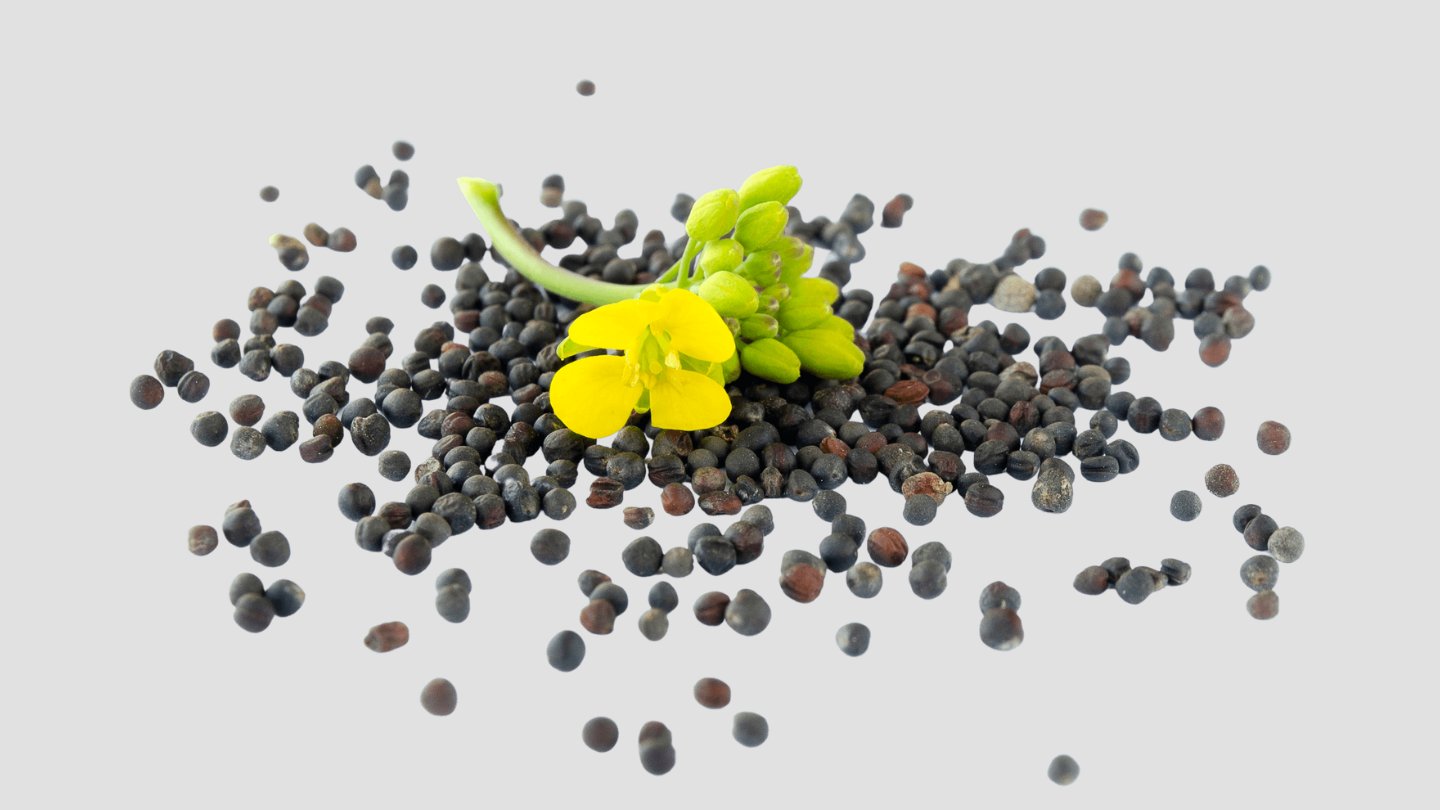
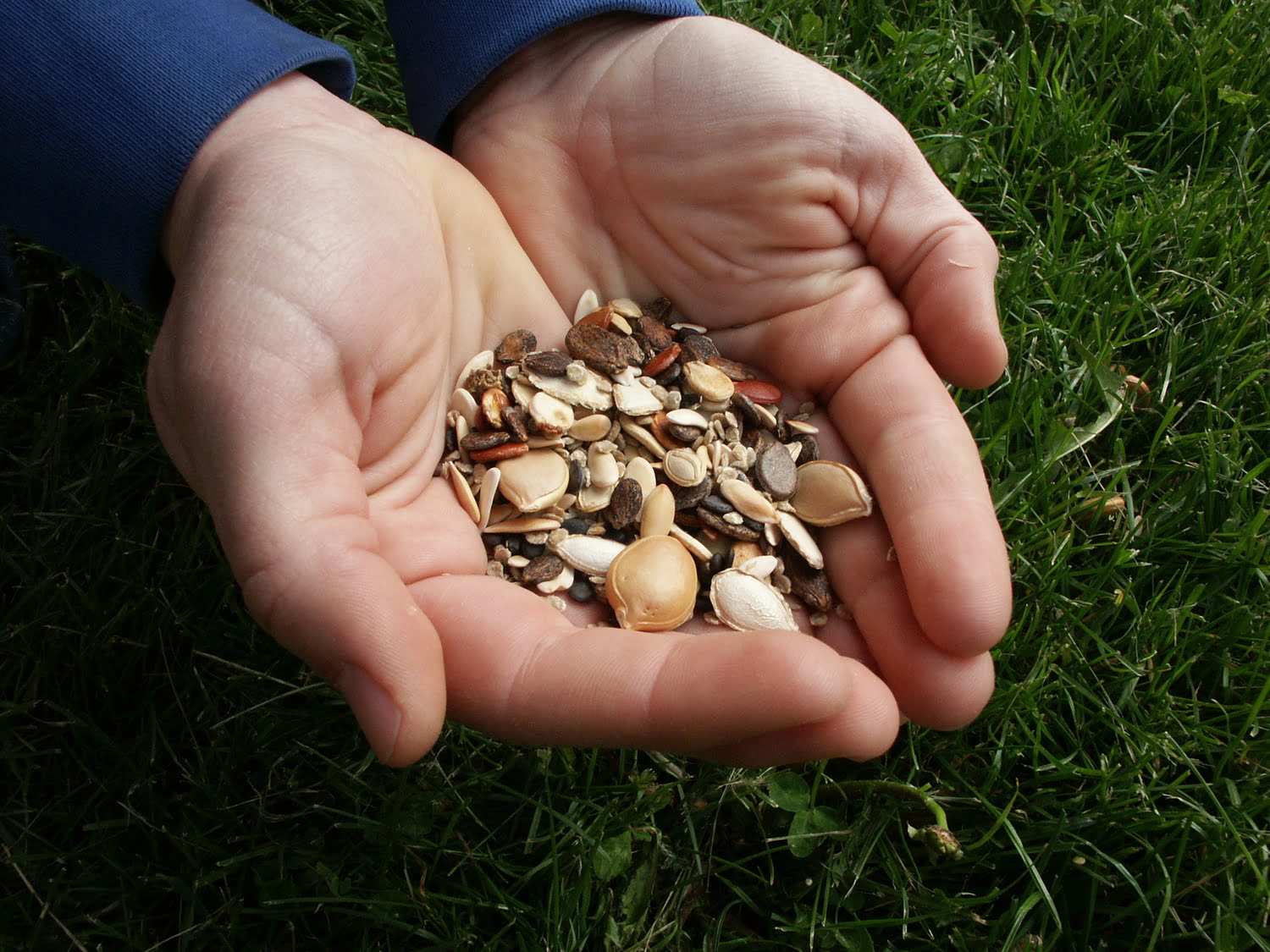
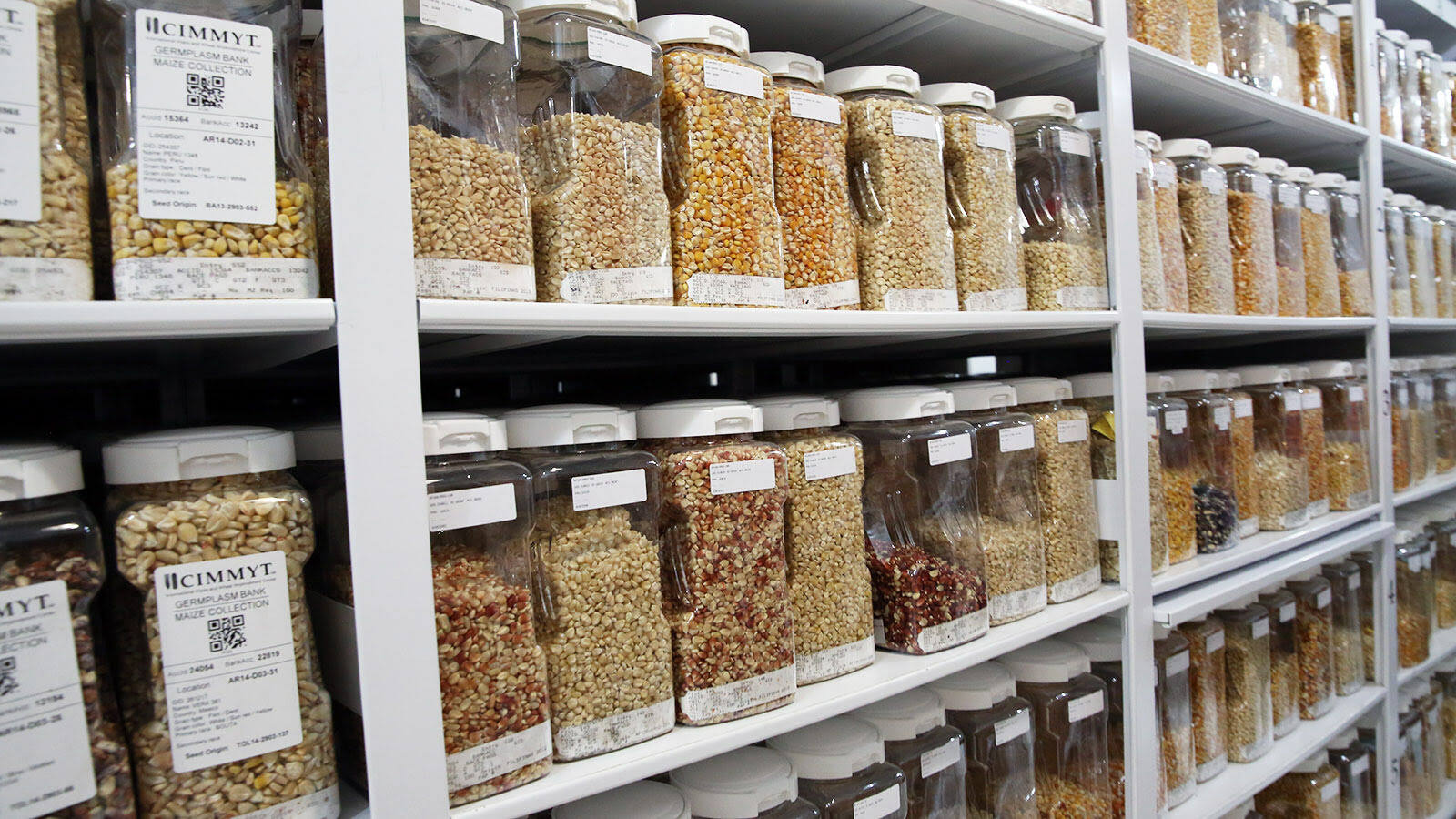
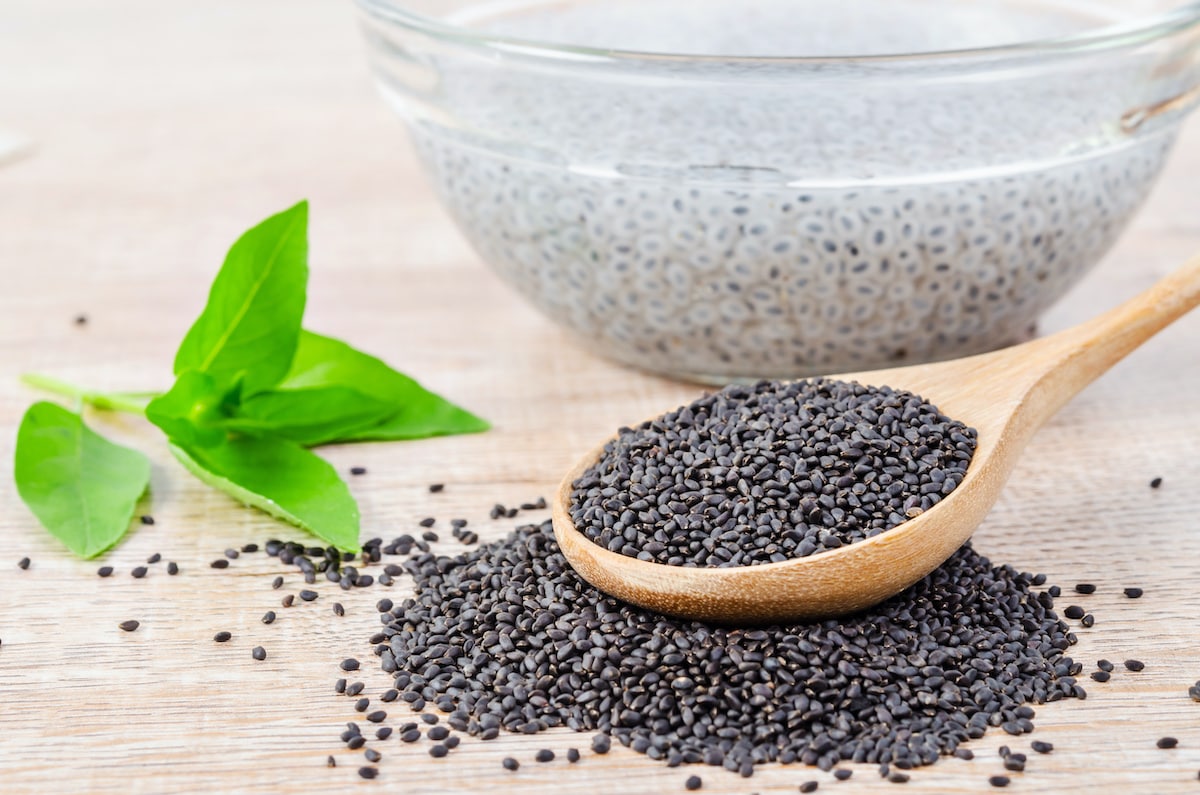
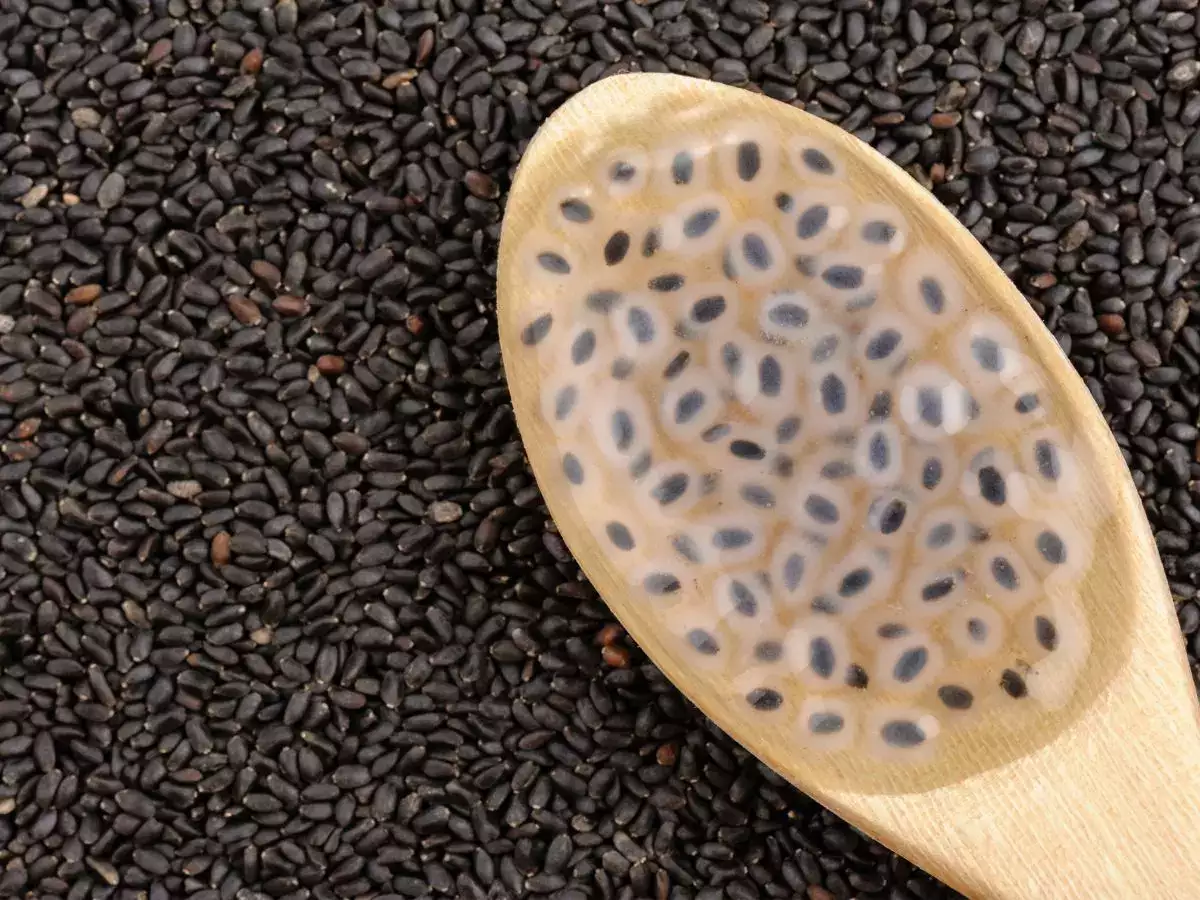
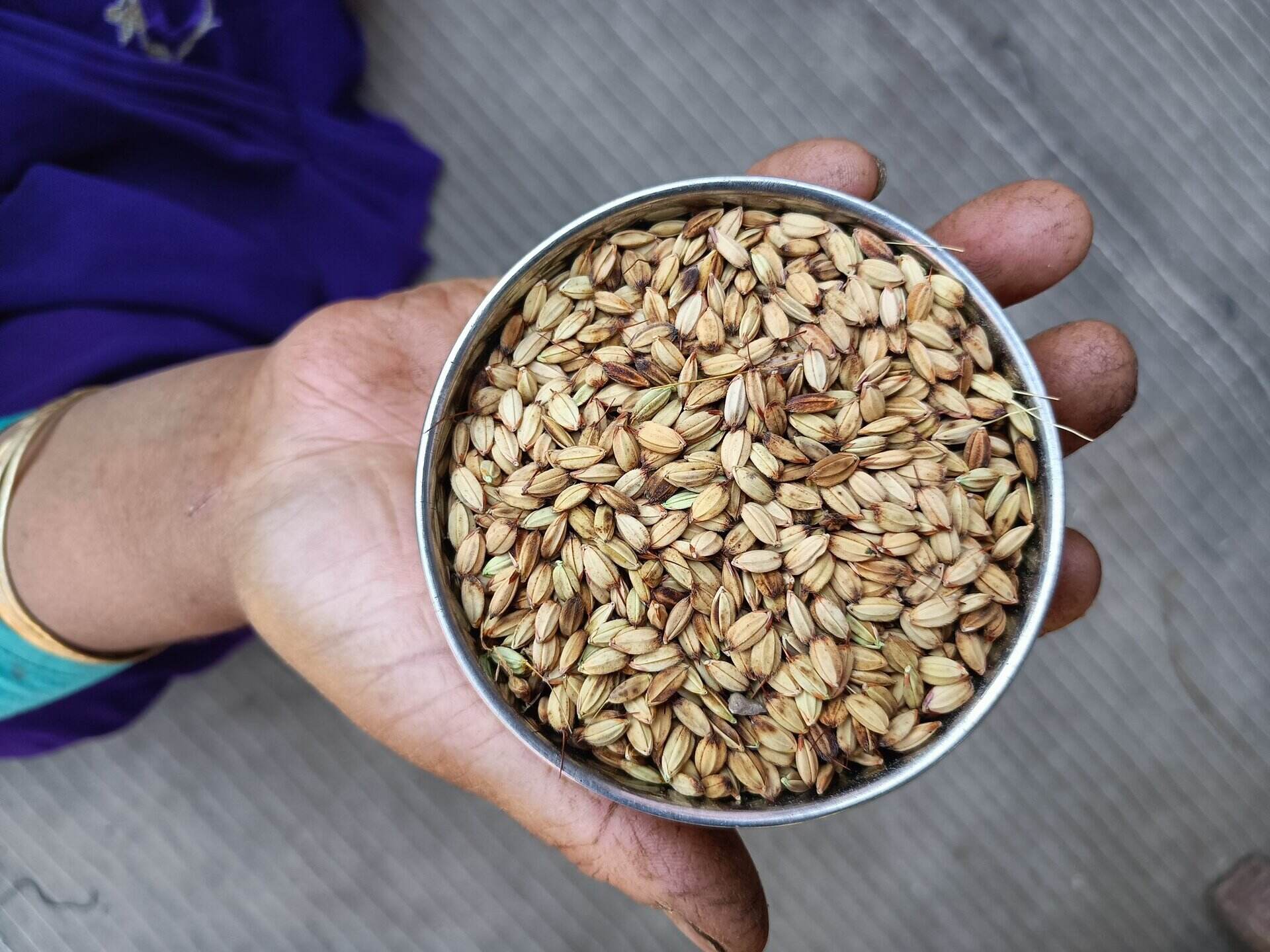
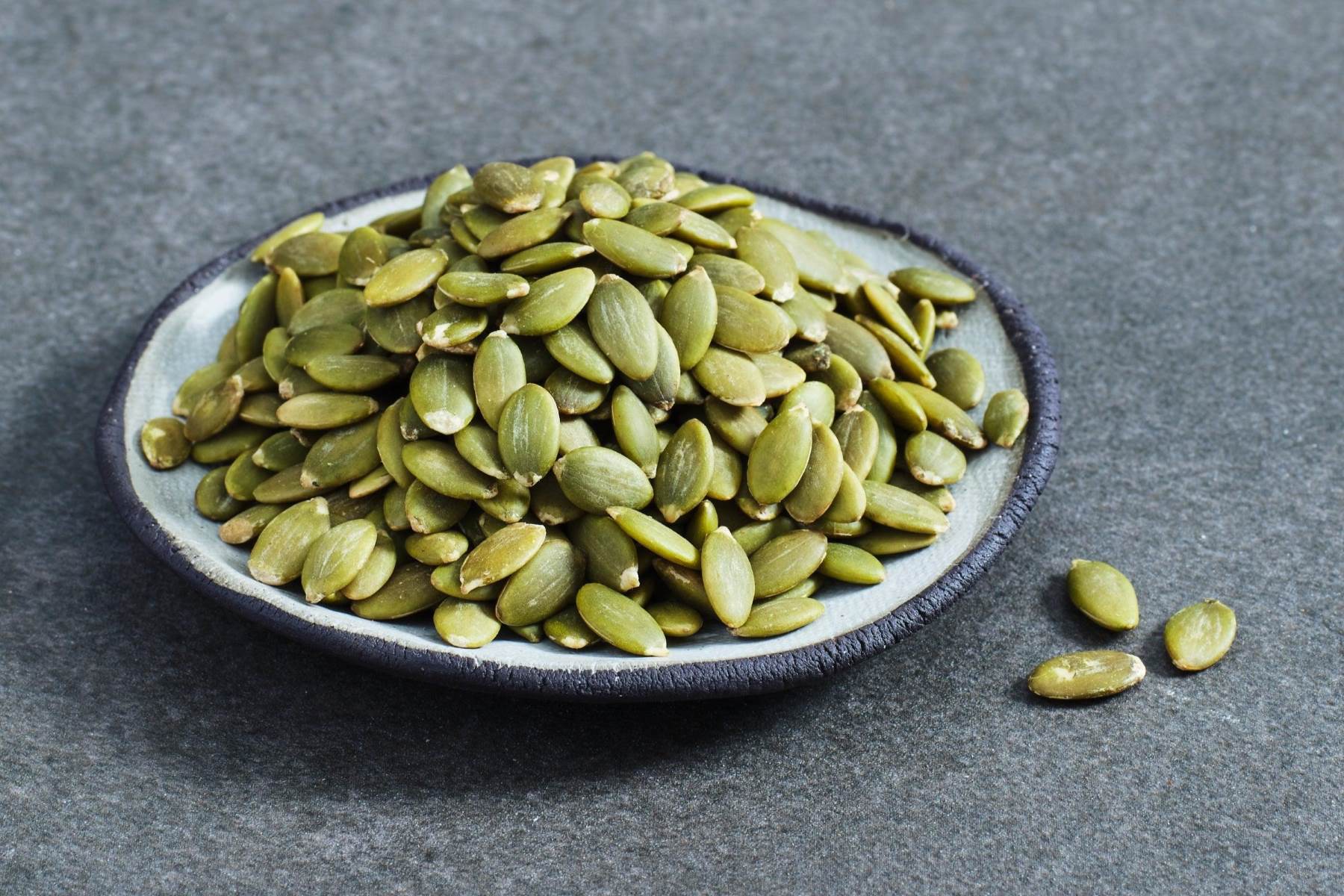
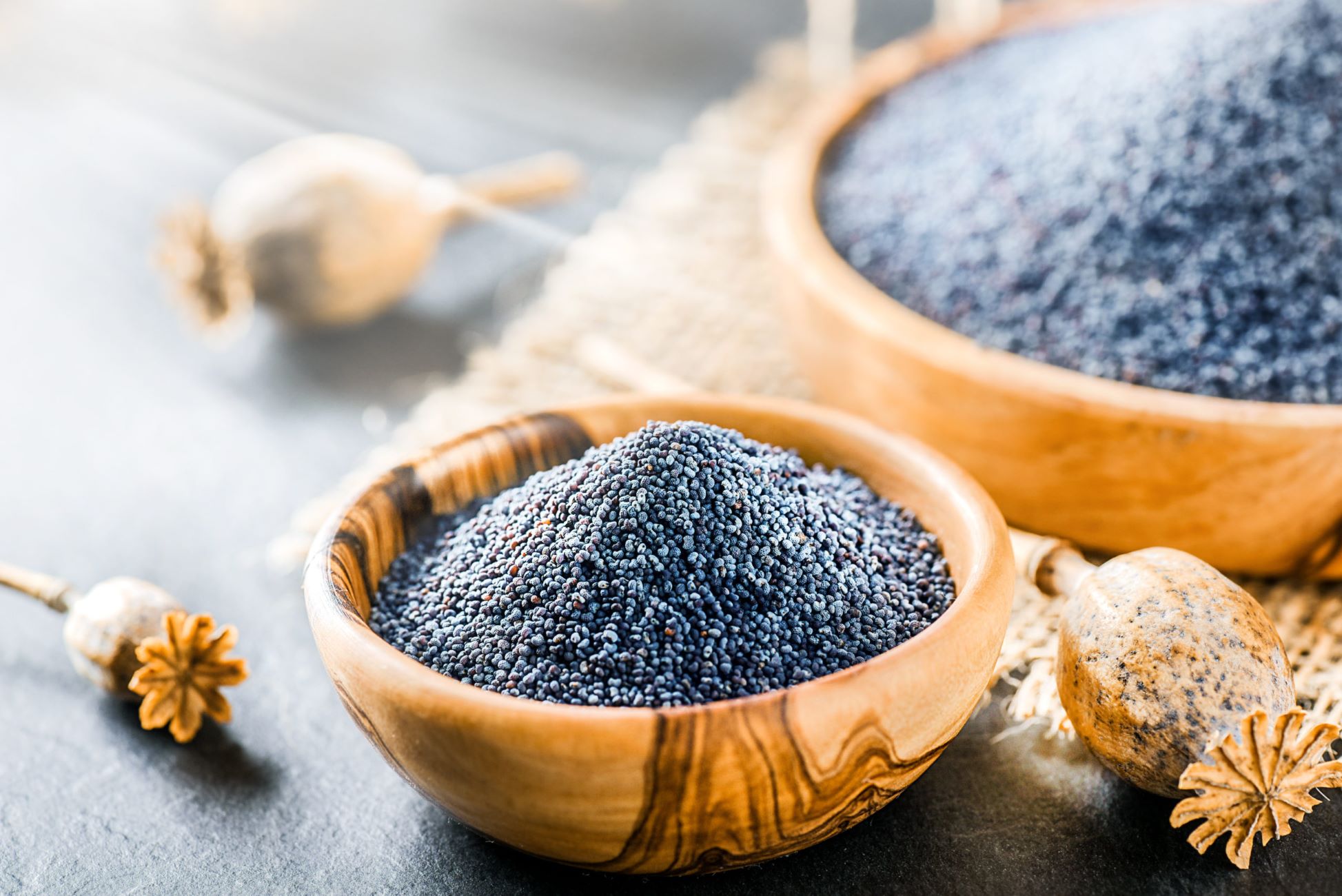
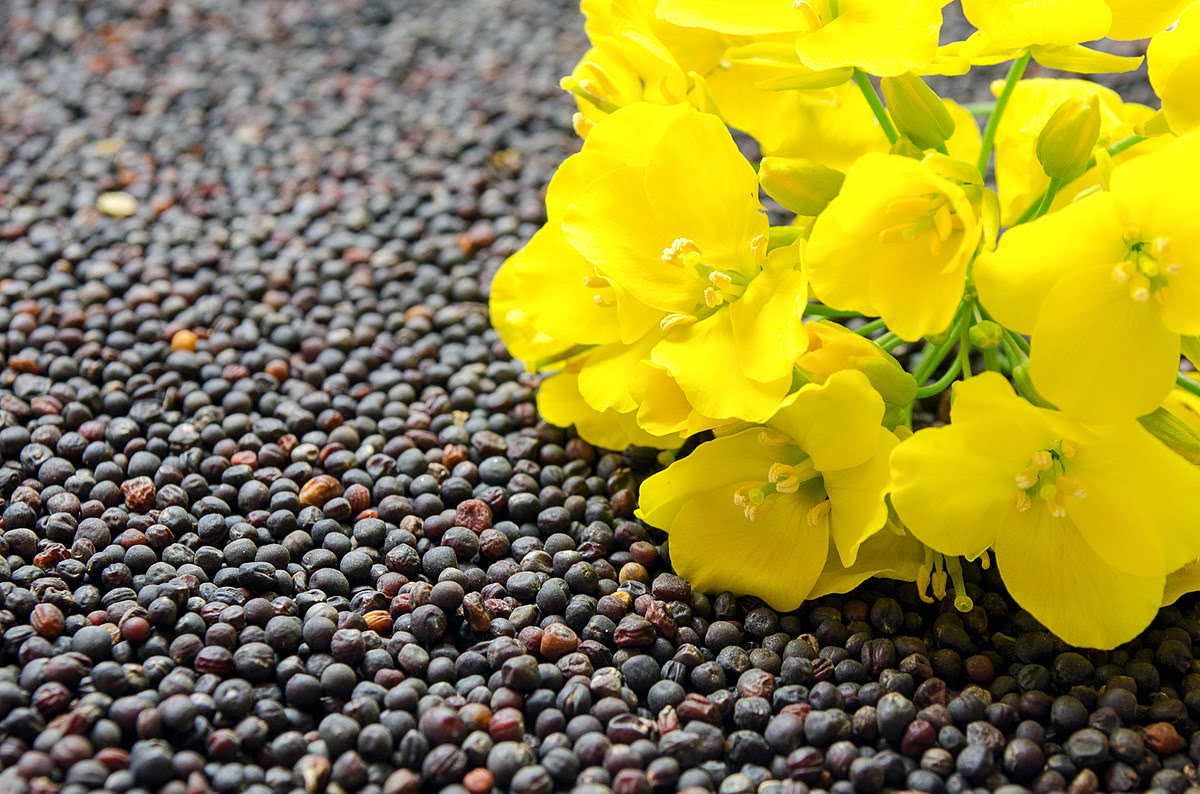
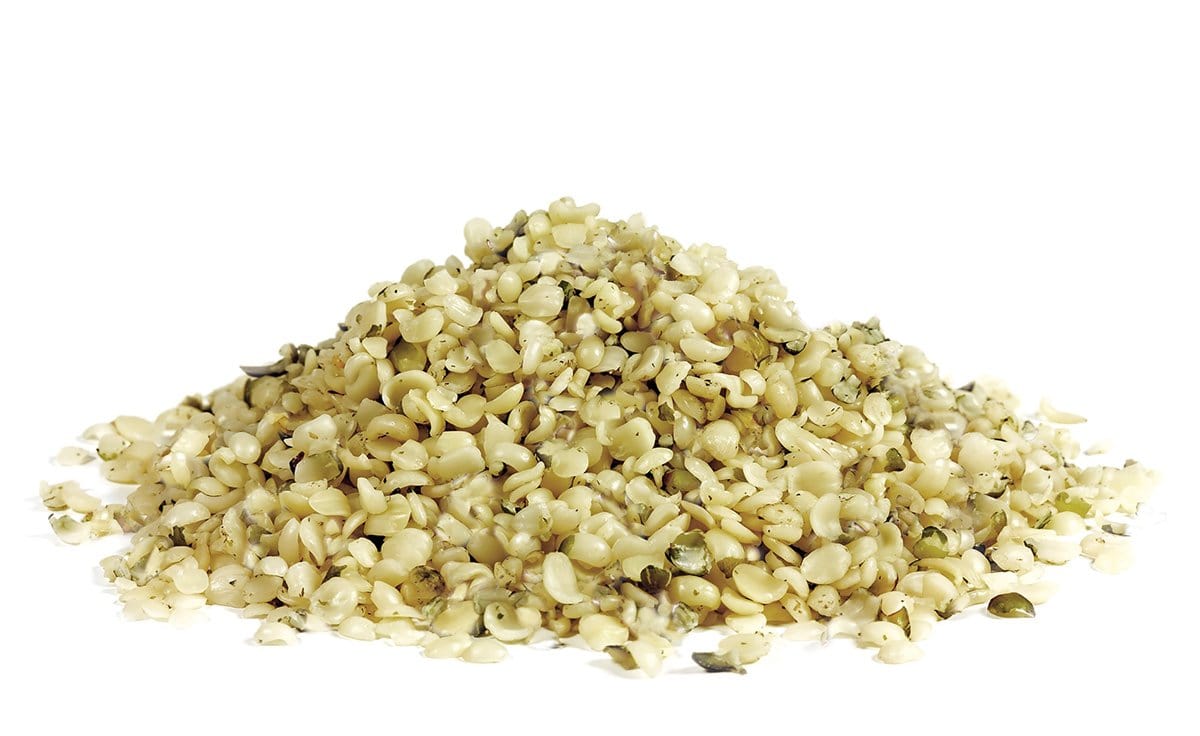

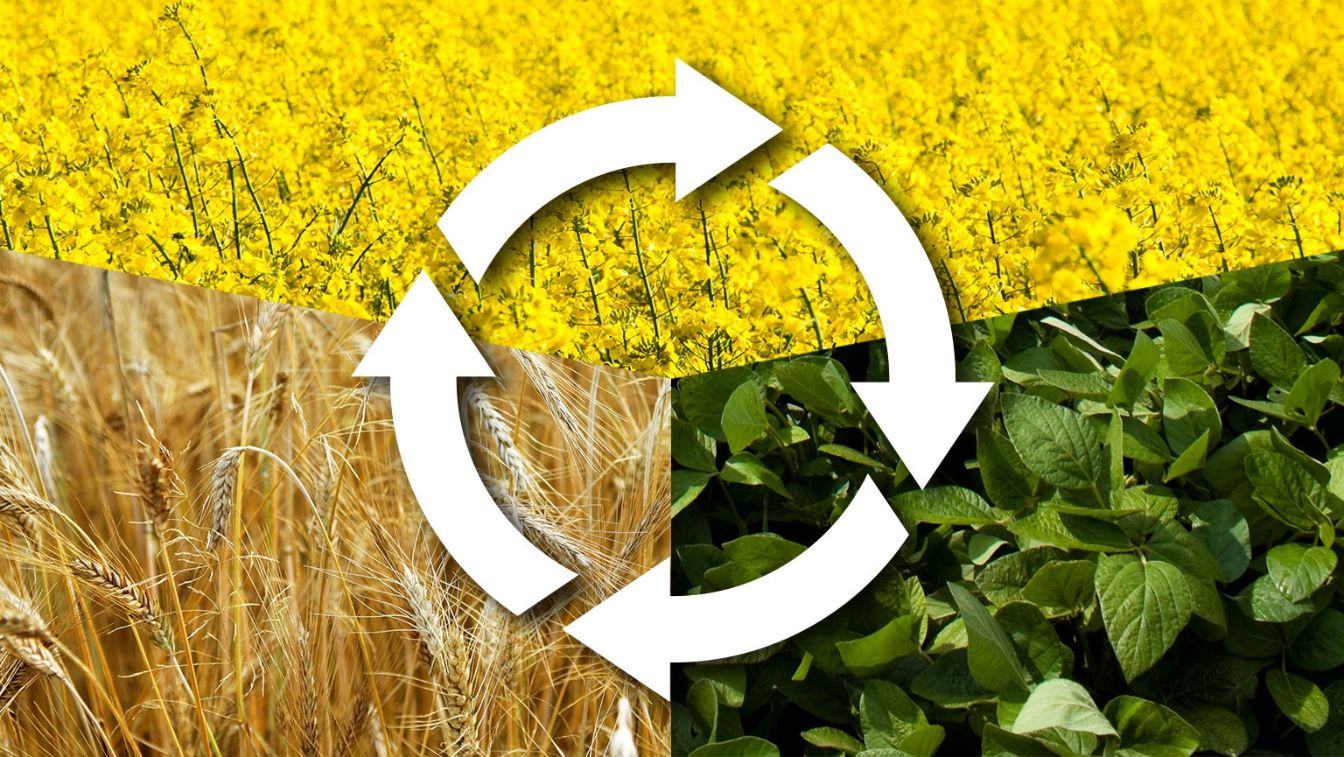

0 thoughts on “What Is Niger Seed”